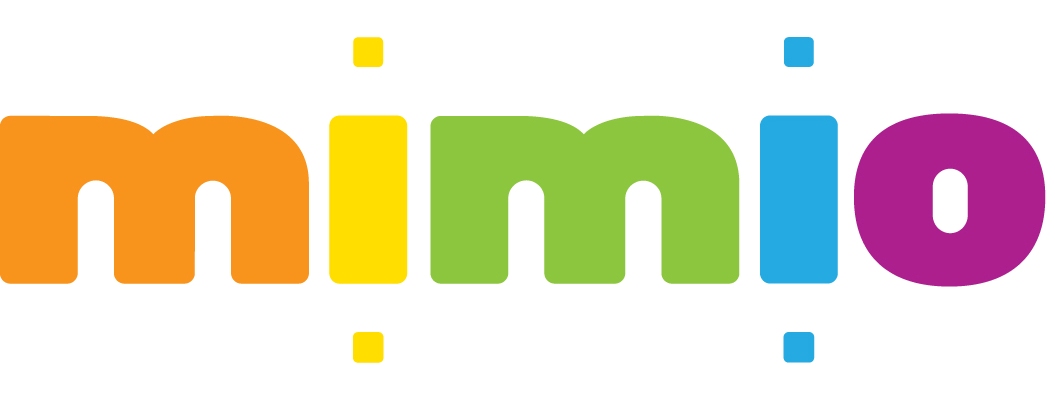Likewise, in 2004, Public Justice and a group of personal and general public interest attorneys filed class actions in new york against three for the state’s payday lenders that are largest – Advance America, Check Into money, and always Check вЂN get. The suits charged that the loan providers exploited the indegent by luring them into fast loans holding interest that is annual as much as 500 %. After several years of litigation, landmark settlements had been reached. Kucan v. Advance America settled for $18.25 million – to the knowledge the biggest data recovery for customers against payday loan providers in the usa. McQuillan v. Check вЂN Go settled for $14 million. Hager v. look at Cash settled for $12 million. Checks were distributed to and cashed by tens and thousands of course users in every three instances. While these instances had been being litigated, the attendant publicity and an research by new york Attorney General Ray Cooper resulted in a dramatic conclusion: payday financing had been eradicated in vermont.
As these and other customer security victories were held, but, times – while the statutor law – have actually changed. The U.S. and in addition, payday lenders are attempting to simply simply take advantage fig loans app that is full of rulings – and produce a quantity of extra obstacles to accountability on their own.
Obstacles to accountability
- Mandatory arbitration clauses with class-action bans
For decades, payday loan providers are including non-negotiable arbitration that is mandatory with class-action bans inside their form “agreements” with customers.
In a few associated with the past successes in the list above, the courts discovered these terms that are contractual and unenforceable. Four years back, but, the U.S. Supreme Court issued AT&T Mobility, LLC v. Concepcion (2011)131 S.Ct. 1740, and held that the Federal Arbitration Act preempts most state laws and regulations invalidating course bans in mandatory arbitration clauses.









